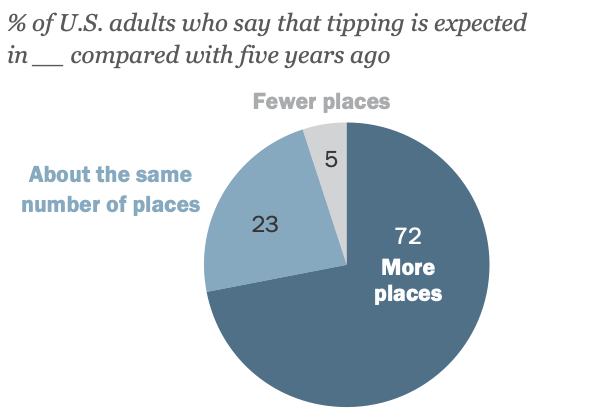Earlier in my childhood, my experience with the site YouTube was highlighted by independent creators making wholesome videos, whether it be personal trips, gameplay content, or product reviews. When I look at similar forms of media today, it’s as if I’m being put in a trance: bright colors, dangerous and destructive experiments, strategically placed characters in surreal human experiences, arrows that divert my gaze, and too-good-to-be-true captions on pop culture media thumbnails have changed the online sphere rapidly. As absurd amounts of money are getting thrown into the mix, it becomes more than a trance: it’s an economy of our attention and a twisted appeal to emotion.
The YouTube content creator James Donaldson, known online as Mr. Beast, is estimated to have a net worth of over $500 million. He has built himself an image for giving back to individuals participating in his videos. However, these philanthropic acts are marketed in a very particular way, using unrealistic scale and shock value. Donaldson has begun to, over the years, creatively utilize human attention and focus alongside these large portions of money to retain viewership and build a name for himself.
On Apr. 30, 2019, Donaldson’s team posted a video titled “Giving $10,000 To Random People And Saying Nothing”. In this video, Donaldson and his friends perform various skits in front of supposed strangers before giving them money. While $10,000 is a lot of money to most of his lower-to-middle-class viewers, it didn’t stop here. On Jan. 13, 2024—almost five years later—Donaldson’s team posted a video titled “Protect $500,000 Keep It”, in which a person, Blake, is tasked with protecting $500,000 from various destructive forces, such as attacks from military tanks and raining cars that his team lit on fire. The earnings have now been placed behind a challenge, have been increased by 5,000%, and the sanctity of the content has been changed entirely from harmless pranks to suspenseful stunts. It’s not just this video that holds such dramatic feats and experiments (also see “In 10 Minutes This Room Will Explode!”, and “Face Your Biggest Fear to Win $800,000”). While the prize money compensates for said intensity of his modern content, it’s clear that there’s something more that meets the eye.
As the Mr. Beast channel has grown larger and larger over its lifespan, being the biggest YouTube creator at 328 million subscribers, many smaller teams have caught on. The stunts, dynamic speaking, and appeals to our attention through colors and quick cuts are now commonplace. The Mr. Beast channel played a key aspect in shaping the face of modern content creation and what it means to maintain viewer retention and interest. It’s a Mr. Beast-ification of our media.
Despite the intensity of his videos, everyone seemed to love Donaldson and his objectives with such huge portions of money; he’s claimed multiple times that he wants to die penniless.
No matter how Donaldson gives back to the world, he wants us to believe he’s a philanthropist at heart. He founded the 501c(3) organization of Beast Philanthropy, and launched fundraisers and charities to reinforce his mission. However, under the 501c(3) code of the Internal Revenue Code, federal charities like Beast Philanthropy are strictly tax-exempt; this means that any and all income Donaldson and his team file under income for this organization can be used to make more and receive little to no deductions in return. Regardless of where the money is going, though, is it ethically sourced?
With respect to recent allegations against him, the answer is no. Other YouTube videos seek to expose Donaldson and his team and show the unethical conditions of his challenge videos; one such example is his various challenges, which feature sterile-white environments in which the contestants are essentially dangled life-changing amounts of money above their heads to sit in the environments and suffer gradual psychological degradation.
Fidelity Charitable defines philanthropy as “giving [the] gifts of ‘time, talent and treasure’ to help make life better for other people.” Fortune may be worth it for some, but how are insanity-inducing challenges for the better of other people? While he undeniably has good intentions for his money, it’s wrong to make it a challenge, or even call yourself a philanthropist in the context of being a game show host. It’s not a “gift” to put others through lack of sleep, stimulation, food, and any mix of those or various human needs just so they can make a living.
But these twisted objectives with money is what modern philanthropy has become. While some creators are harmless, they don’t get nearly as much traction. As the Mr. Beast channel skyrocketed this economy of attention and shock, so did the amounts of money, the severity of the challenge behind it, and the disproportionation of what we see as philanthropy.
So, look away from the screens, and think: what is philanthropy to you?









